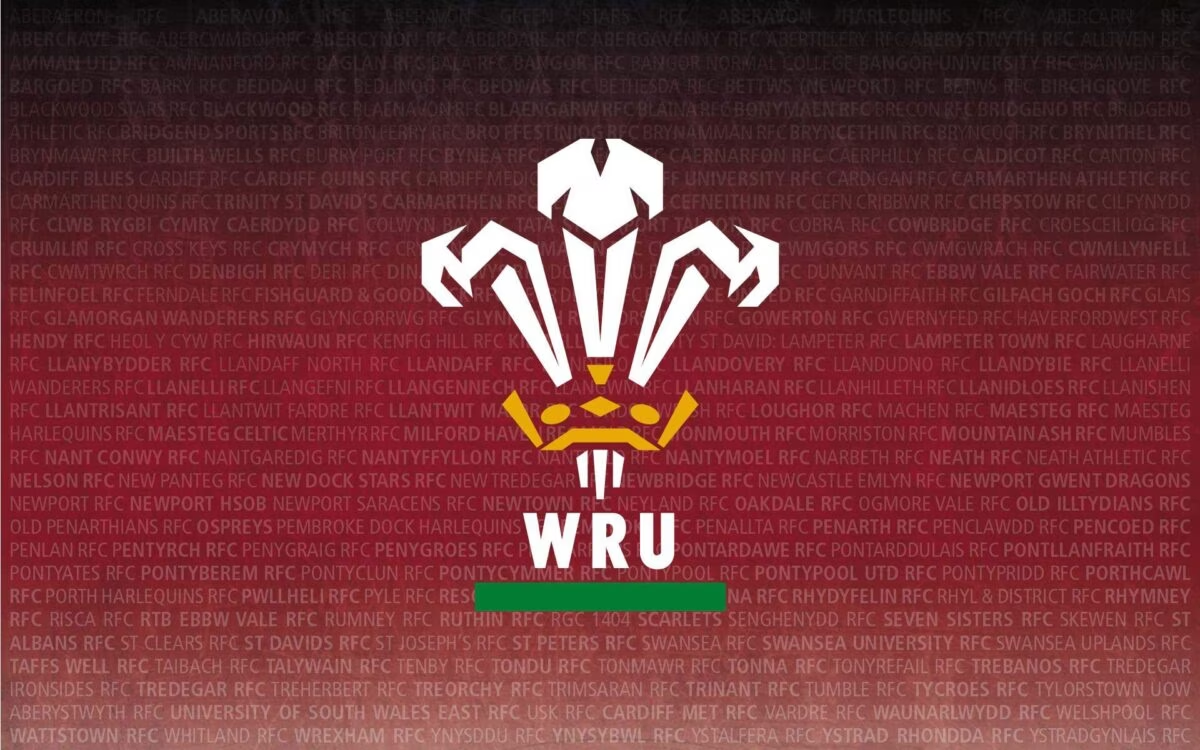Cardiff wing Les Williams, who died last week and will be buried in Flamouth on Friday (3 Feb), ran in two of Wales’s three tries against Nim Hall’s team in a 9-3 victory on 15 Janaury, 1949 in what was to be his last game of rugby union.
Unbeknown to all bar his Cardiff team mate Bleddyn Williams, the Mynyddygarreg-born speedster had signed professional forms with Hunslett RLFC a few days before winning his seventh cap. He headed north for the princely sum of £1,450 and went on to become a local hero, scoiring 116 tries in 236 games for Hunslett between 1949-1956. He skippered the club in the 1950/51 season and won 15 caps for the Welsh rugby league side, scoring five tries.
“Les was lodging with me in Bristol, where I was living and he was teaching at the time, and he actually singed for Hunslett in my front room,” admitted Bleddyn. “I wasn’t with him at the time, but I think I was the only one who knew that the game against England would be his last rugby union match. In those days, when rugby league was very much the enemy of union, I could have been professionalised for knowing about what was happening.
“Les was ideally suited to rugby league – he was fast, had good hands and was a deadly tackler. He joined Cardiff from Llanelli and scored 34 tries in 35 games in his first season with us.
“He was a great finisher and he took his two tries against England very well. He was a loss to Welsh rugby, but made an excellent career for himself at Hunslett.”
Williams served in the Royal Navy during the war as a Petty Officer and played his rugby for Devonport Services, the Navy and Combined Services. He joined Llanelli immediately after the war and made his debut for them on 30 October, 1945 against the New Zealand Services side, the Kiwis.
The tourists won that game 16-8 and Williams was on the losing side to them again on 5 January, 1946 when he played in the uncapped game for Wales at the Arms Park, partnering Bleddyn Williams at centre. This time the Kiwis were 11-3 victors.
Williams was the leading try scorer for Llanelli in his debut season with 15 touchdowns and won the first four of his seven caps while playing with the Scarlets. His international debut came in an 9-6 home defeat to England in Cardiff in 1947, but the next three games were all won, with Williams scoring a try in a big win in Scotland, to enable Wales to share the championship with England.
By the time he lined up for his fifth cap, against Australia in December, 1947, Williams had switched allegiance to Cardiff. He played 51 times over an 18 month period for the Arms Park outfit, helping them to beat the Wallabies in one of his first games for the club and scoring 47 tries in all.
His final Welsh cap came against England in 1949 and two days later he was announced as a Hunslett player. He made his rugby league debut against St Helens the follwoing weekend.
Although he became a regular in the Welsh rugby league side, playing in 15 of the 16 Tests from his debut on 22 October, 1949 to 1953 when the side was disbanded, he never played for Great Britain. He was invited to join the 1950 British Lions tour to Australia, but declined the invitation because he was taking a PE course at Carnegie College in Leeds and would have had to have done an extra year if he had gone down under.
Williams, who taught PE at Cockburn High School in Leeds, retired in the summer of 1956 and took up a post as assistant director of physical education for the Cornish Education Board. He spent 25 years in that job and was eventually granted the freedom of his adopted home in Falmouth for the help and support he gave to a wide variety of sportsmen and women in the county.
But while he hung up his boots in 1956, it wasn’t the end of his sporting career. He turned to athletics and became a world record holder in the veterans Over 60 category at 60 and 200 metres as well aas the British record holder in the triple jump.
In 1983, he represented Great Britain in the World Veterans Championship in Puerto Rico and also took up canoeing and rock climbing late in life.
WILLIAM LESLIE THOMAS WILLIAMS
(rugby player and physical educationalist)
Born 10 May, 1922 in Mynyddygarreg
Died 27 January, 2006 in Falmouth
Married (wife died in 1980) 2 daughters and a son

